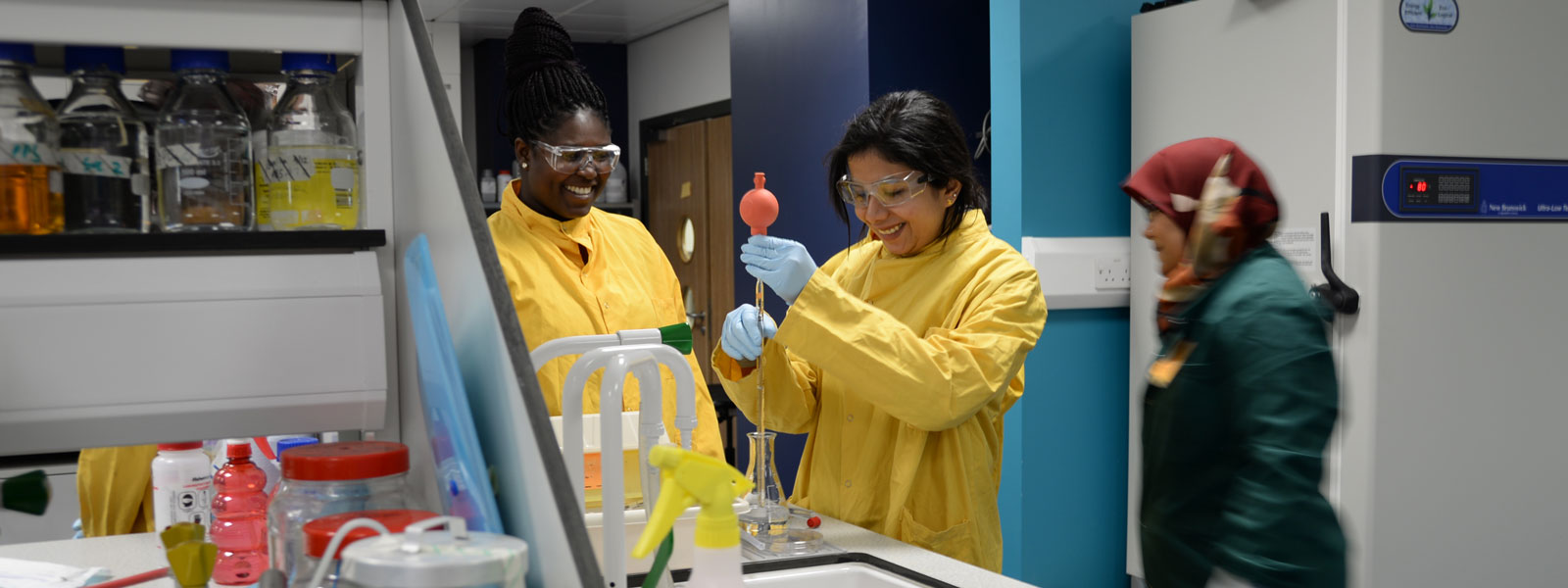As a department, we strive to provide optimised teaching and learning environments to support our students, ensuring an outstanding student learning experience is sustained across our on campus and online programmes.
This approach drives high-quality education research and scholarship to ensure our practice, learning platforms, practical activities, graduate attributes, employability skills, and assessment methods are research-informed.
Our ethos to education research and scholarship is also directed externally, to support our various stakeholders, partners, and the wider public. For example, we actively collaborate with school teachers to support their pedagogy and practice and also deliver research-informed science communication.
Education-based research is embedded into the operation of our dedicated teaching school and is supported by dedicated teaching-focused academic members of staff.
